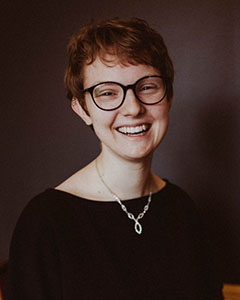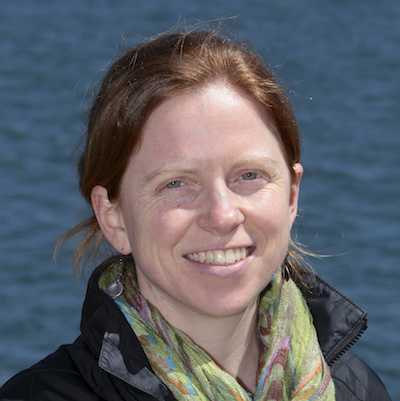Tutorials#
We are pleased to present a number of tutorials during the week. These tutorials provide a look into the work that your colleagues pursue using coding tools. The software for most tutorials can be downloaded using the tools described in our Tutorials Getting Started page. Please check the schedule for the times of these presentations.
Technical preparations and background for OceanHackWeek!
Please review the “Preparation” materials covering basic topics like
Git,GitHub,condapackage management and the OHWJupyterHubFor tutorials on Python and R scientific tools and techniques that we will use in OceanHackWeek, see the OHW 2022 tutorials page!
Tutorials during the main sessions#
The following tutorials will be presented live (and broadcast live on zoom) during our primary all-hands sessions, and will be recorded for later review.

Marty Hidas - Programmatic access of oceanographic data. IMOS “The gateway to Australian marine and climate science data” serves oceanographic data through it’s interactive ADON data portal, but also provides access using commonly available programmatic tools. This tutorial demonstrates the use of these programmatic tools in Python that are equally applicable to non-IMOS data sources.

Myranda Shirk - AI-assisted programming. With the recent success of large language models (LLMs) such as ChatGPT, mastery of a programming language is no longer required to write successful code. In this tutorial, we will explore the new workflow of AI-assisted programming and how it can streamline your hackathon project, no matter your coding experience.

Julia Brown - Read Classification of Ocean ‘Omics Data. This tutorial will go over how to use ‘omics data for classification of microbial communities. I will highlight Kaiju, a read classification tool, discuss reference database options, and how to interpret and visualize the outputs of this workflow.
Tutorials during the “shoulder” sessions#
In addition, the following tutorials will be presented during our “shoulder blocks”, the times before and after the main sessions each day. These tutorials will also be recorded and made available for later review.
Lectures and Discussions#
Finally, each year we offer brief sessions on non-coding aspects of computational oceanography; this year we are pleased to offer two.
